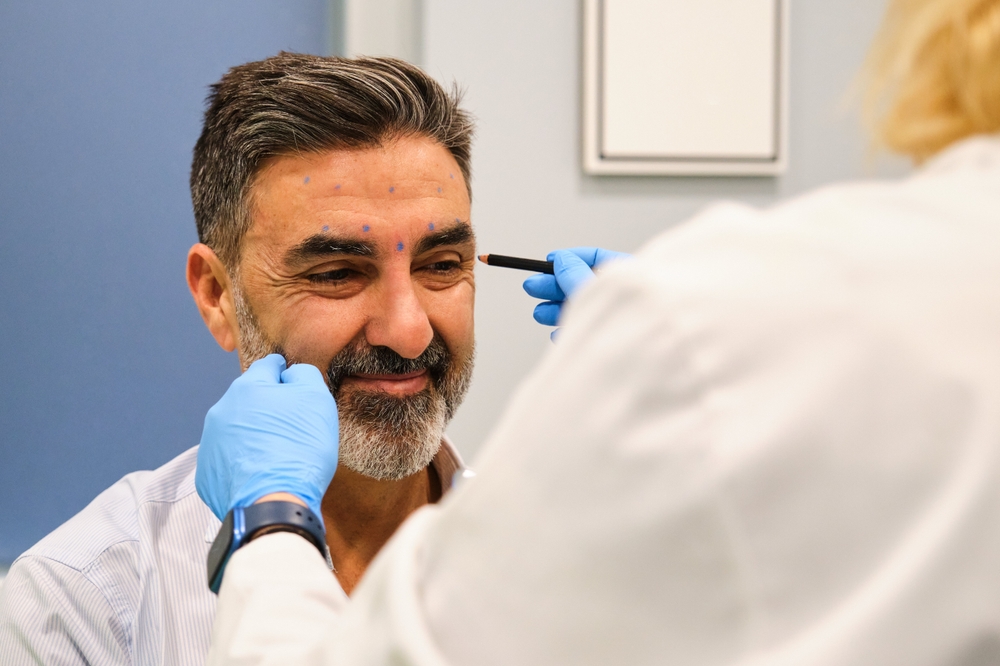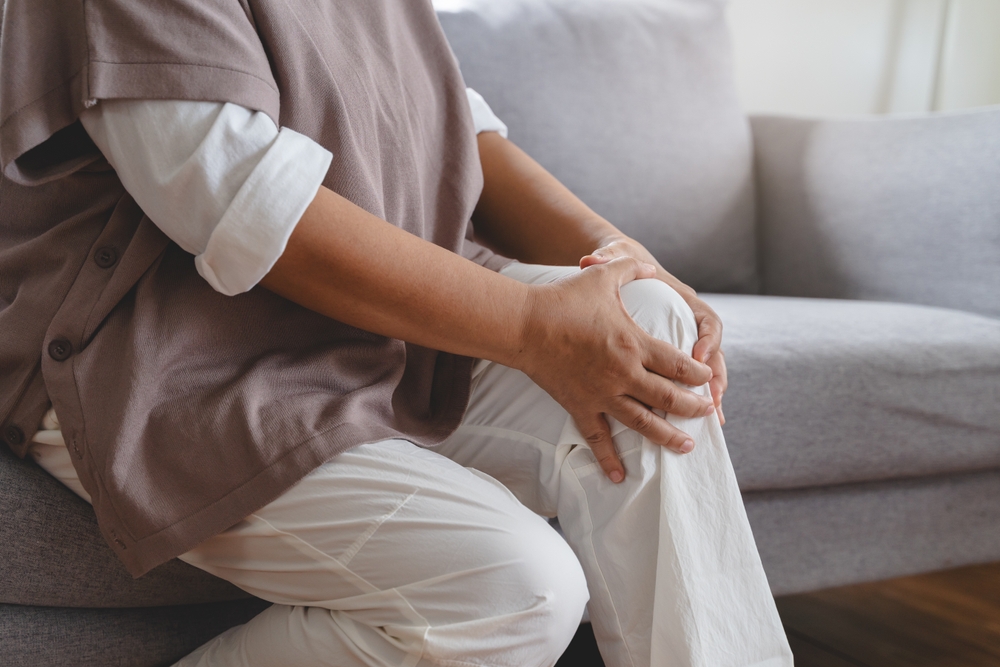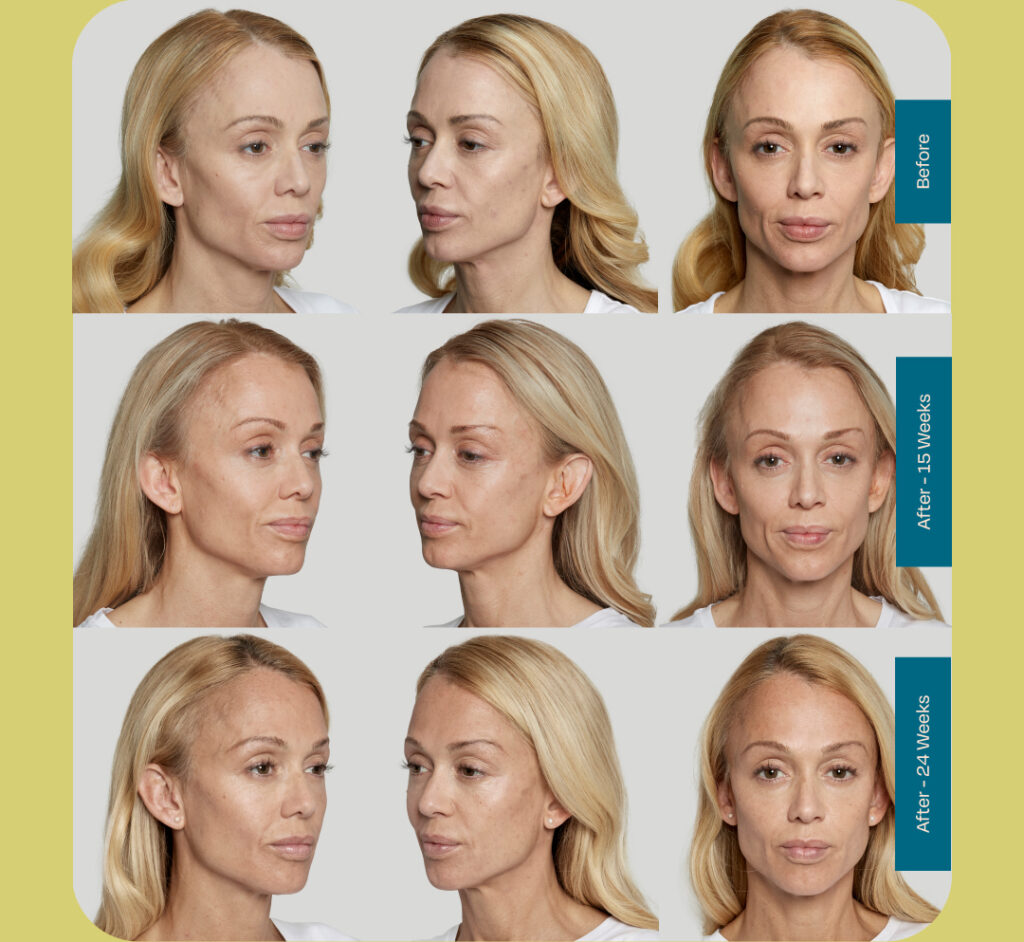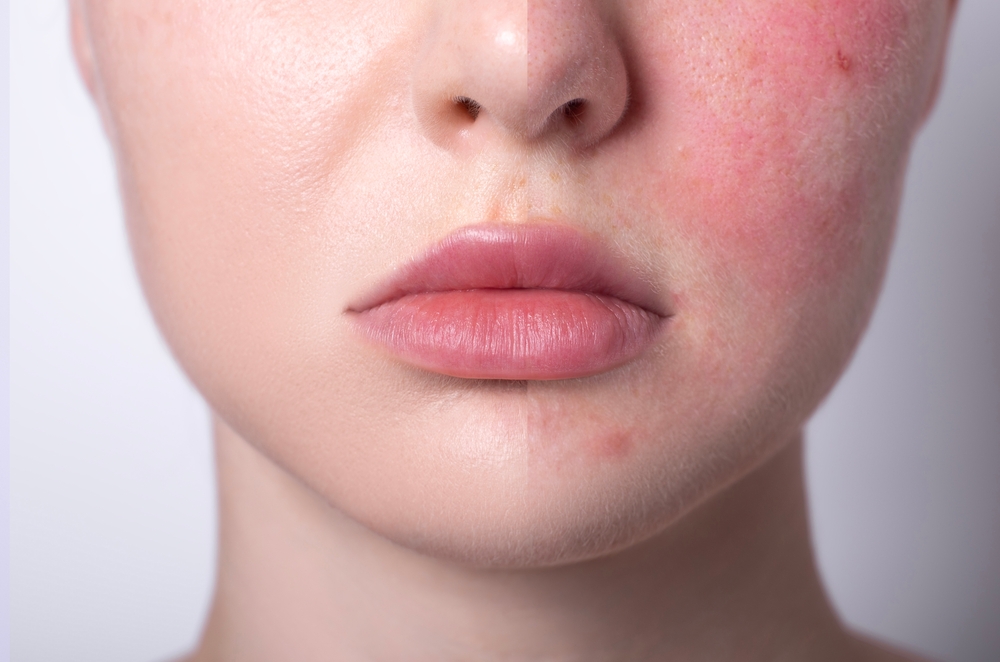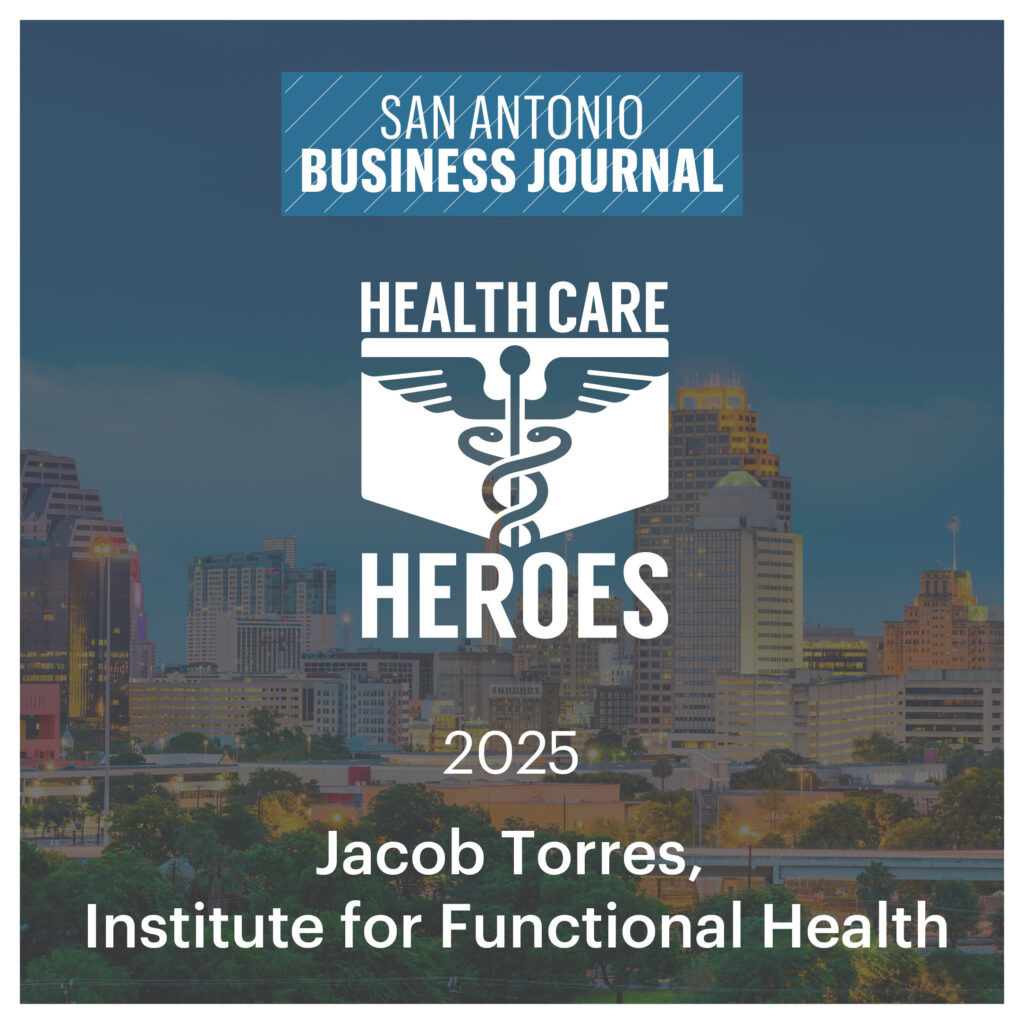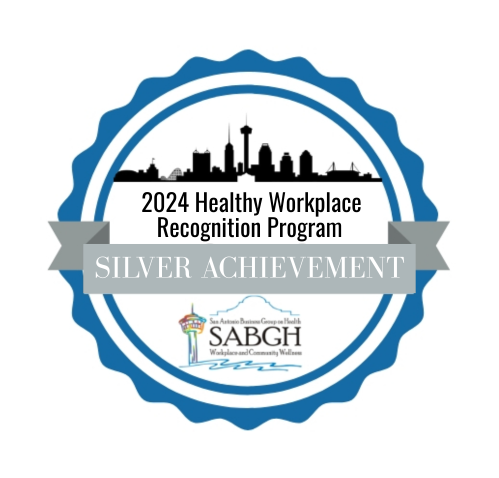When it comes to heart disease, waiting until you get a symptom to know that you have an issue is too late. Prevention is the key to avoid potential irreversible damage to the heart or brain, or even worse, early death. Much more reliable than how we feel, lab tests will give us the inside information about what our true state of heath is internally. It could also alert us to potential problems and give us time to act and reverse a bad situation. One such tool is a marker called high sensitivity c-reactive protein.
High sensitivity CRP level is important because it measures inflammation in your body. More so than elevated cholesterol levels, inflammation is the real cause of heart disease. Inflammation comes from stress or damage to your blood vessels when they don’t get the nutrients they need. They can get cracked and weak, and the body responds by sending plaque to repair the damage. Continuous lack of nutrients can cause this plaque to build up leading to heart attack or stroke. This marker gained attention years ago when a drug company-sponsored study showed that people who had high CRP levels had fewer heart attacks and strokes when taking statins (cholesterol-lowering drugs).
This led to the huge surge of patients being put on statin drugs, not only as a means to lower cholesterol levels, but also as a “preventative” to reduce cardiovascular disease risk. And statins are well associated with their documented side effects. The most common issue that people have with them is the muscle pains they may develop after beginning use, because this is something they can easily notice. But statins also increase your risk of heart disease by robbing you of the heart critical nutrient CoQ10 can help lower blood pressure and is also used to treat heart failure and other heart conditions. It mayeven help to prevent or treat the adverse effects, such as muscle pains and liver problems, of taking statin-type cholesterol drugs. If you’re on a statin, you need to be taking at least 100 mg daily.
The good news is you don’t need dangerous statin drugs to protect you from high CRP levels. One of the best ways to lower CRP is to exercise. Studies clearly show that people who went from couch potato to exercising lowered their CRP as much as 30%. But you have to do the right type of exercise, such as interval cardio training. This is where you alternate a steady pace with bursts of higher intensity in order to keep your heart rate (HR) up. For example:
1. Start at a moderate pace for 2-3 minutes.
2. Increase your intensity for a 30-60 second burst to elevate your HR
3. Moderate pace (still some good effort) for 1-2 minutes
4. Increase your intensity for a 30-60 second burst to elevate your HR
5. Keep repeating both phases until you hit your desired time limit, followed by a 3-minute cool down.
That’s it! This exertion/recovery cycle is much more effective than “steady pace” cardio and will burn fat and build your heart and lung strength (and lower your inflammation!) much faster. Now you have 2 tools to help in your battle against cardiovascular disease!

